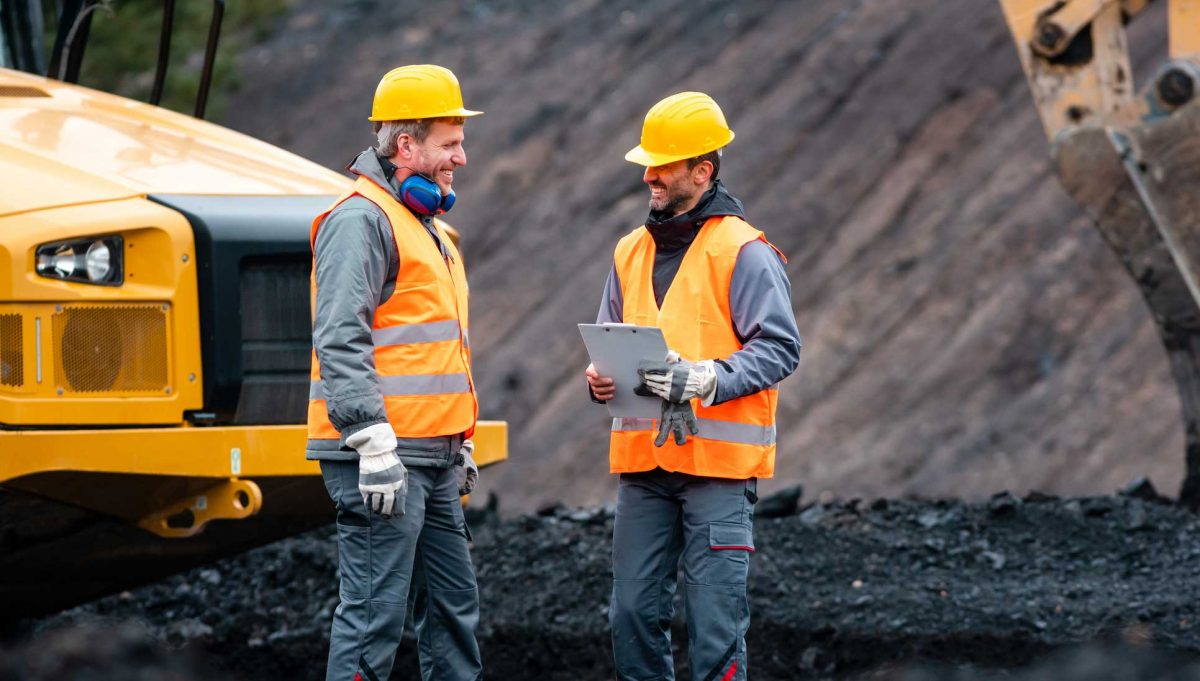Leaders have always dealt with the critical challenge of delivering CAPEX projects on time and to budget.
However, the COVID-19 crisis has radically changed the landscape and presented several new challenges for the future, demanding new strategies, investments and tools. Before the Coronavirus pandemic, the average budget of a capital project typically overran by 65 per cent. A further 50 per cent of projects reported completion delays . Budget blowouts and schedule overruns can negatively impact the overall financial performance of a company and ultimately affect the share price. This was before a global pandemic – imagine how high the stakes are now. Leaders have always dealt with the critical challenge of delivering CAPEX projects on time and to budget. However, the COVID-19 crisis has radically changed the landscape and presented several new challenges for the future, demanding new strategies, investments and tools. Before the Coronavirus pandemic, the average budget of a capital project typically overran by 65 per cent. A further 50 per cent of projects reported completion delays . Budget blowouts and schedule overruns can negatively impact the overall financial performance of a company and ultimately affect the share price. This was before a global pandemic – imagine how high the stakes are now.
The infrastructure industry hasn’t been immune from the disruption caused by the crisis. The construction industry faces lengthy suspensions, with many organizations halting thousands of projects across the globe. Even the telecommunications industry has taken a hit, with fibre construction being paused, effectively curtailing the progress of the sector amidst a ramp-up of digital acceleration and data traffic across the globe.
As governments continue to roll out lockdowns and restrictions, more and more projects face uncertainties in both completion of ongoing work and new project financing. An example of this is in India, which is currently undergoing a level of pressure the industry hasn’t faced, not even during the Global Financial Crisis of 2008. Analysts expect the government’s ability to fund projects to be impacted for the next couple of years and are already warning investors to refrain from exploring opportunities within infrastructure CAPEX.
On the other hand, other governments, like the United Kingdom, have declared their plan to recover the economy will focus on infrastructure development. For global leaders hedging their economy bets on CAPEX projects, nothing would be more devastating than spending unnecessary funds on projects that run over budget. The organizations that will be responsible for these projects must focus on keeping all stakeholders engaged in finishing their project to the timelines agreed with local governments and to the allocated budgets promised for each, regardless of new COVID-19 regulations or newly implemented procedures to ensure the health and safety of everyone involved.
However, not it is not the crisis alone that has caused problems for delivery of CAPEX projects. Delivery of capital projects is a complex undertaking at the best of times. A PwC study showed that construction projects able to come in under budget were a golden exception in an industry that otherwise sees 95 percent of projects going over schedules and costs. The report highlighted a need for large-scale transformation across the board, to simplify infrastructure programs and afford more efficient and higher-value project delivery for all involved.
So, the question for infrastructure leaders is, where to next? read more on projecttimes.com






